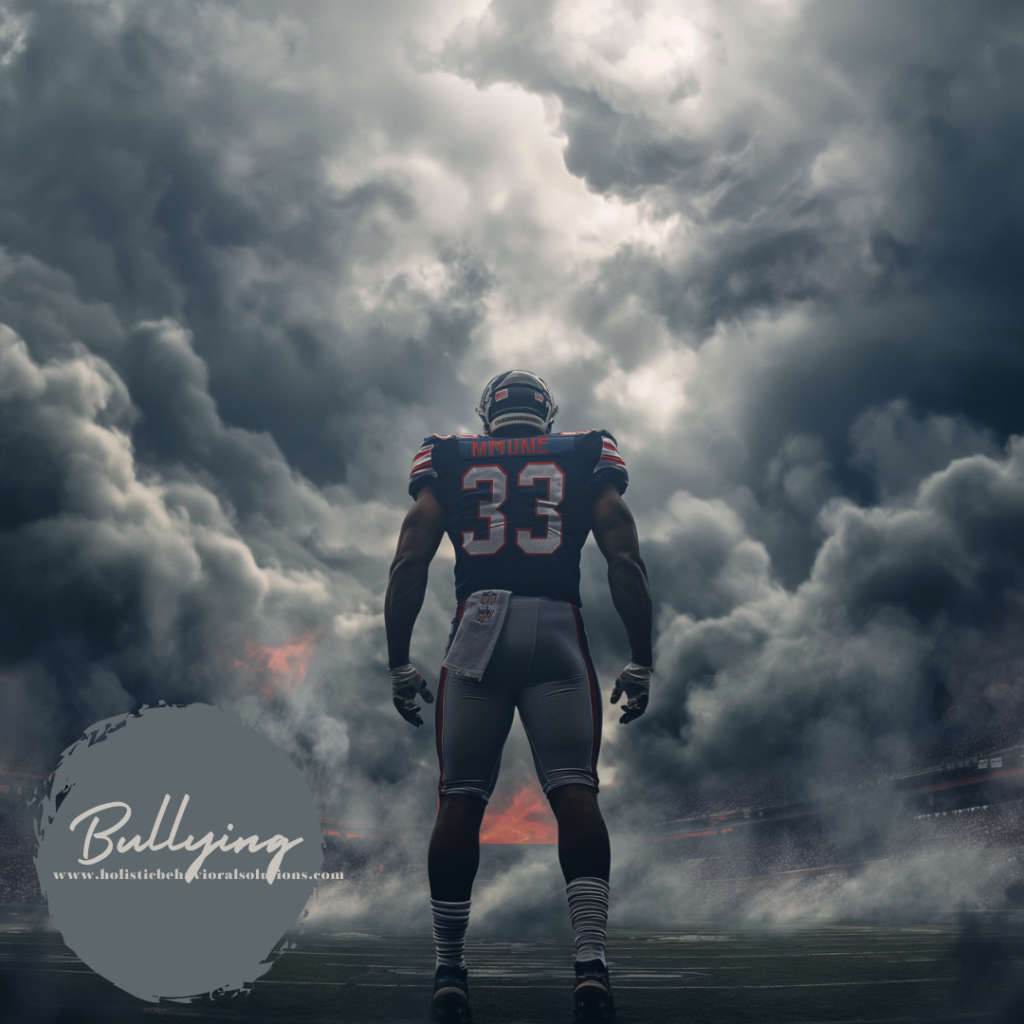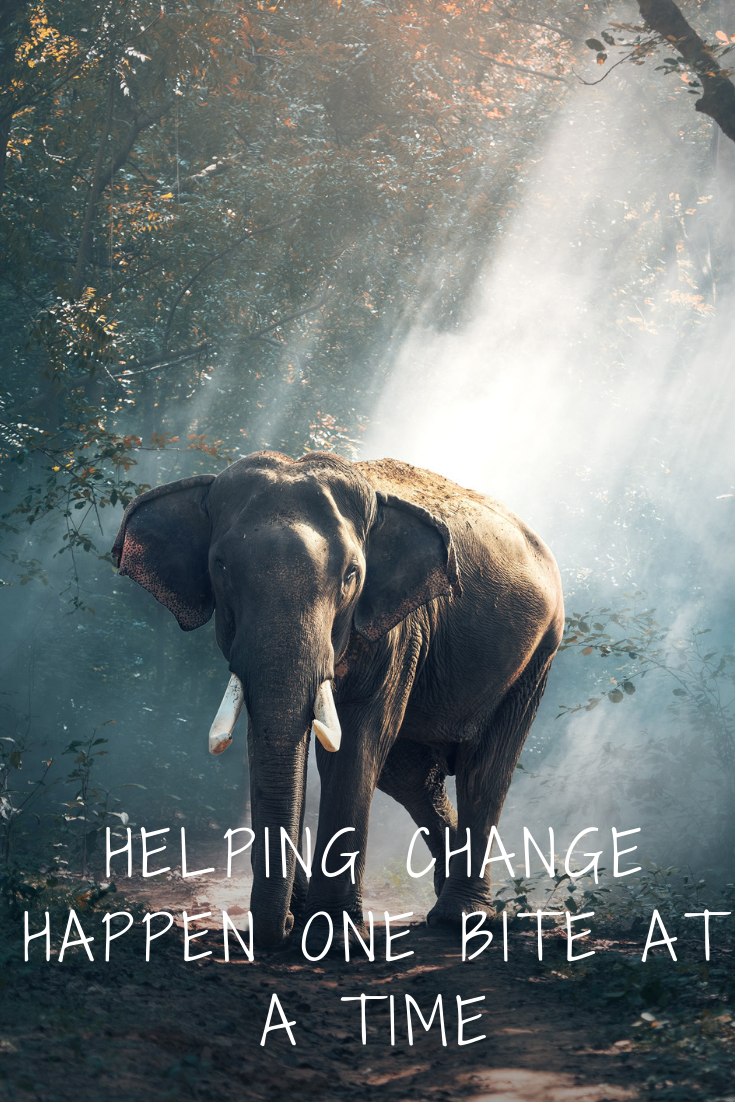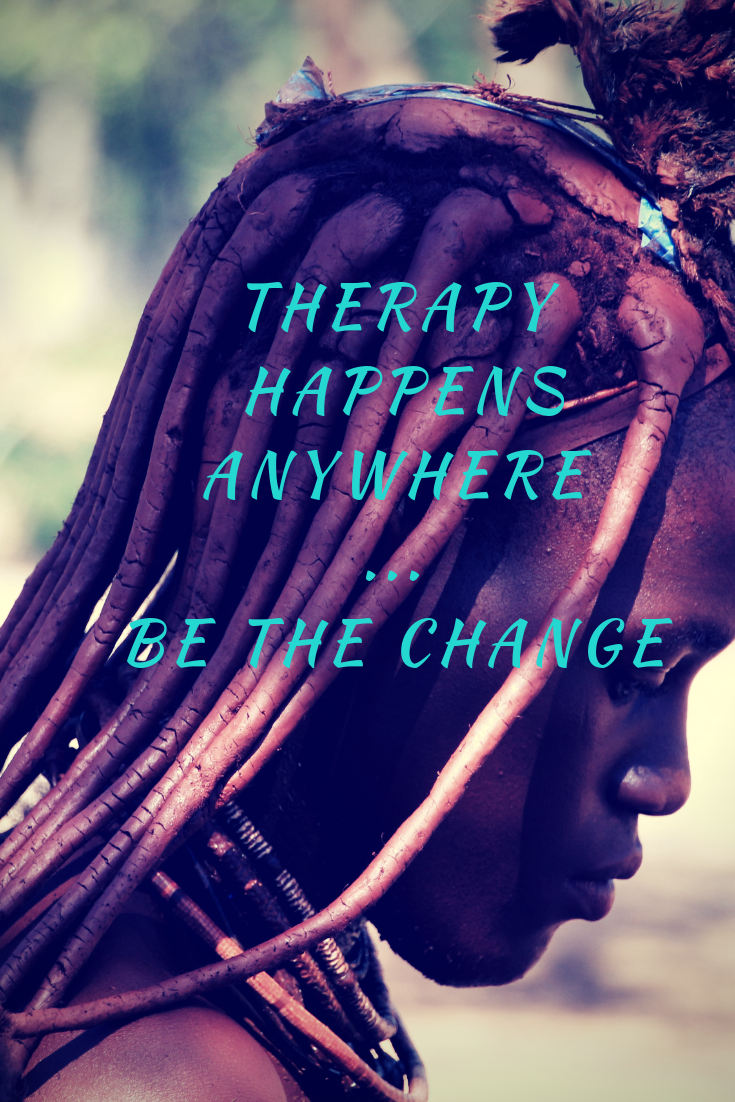
We often talk about rites of passage, milestones that mark the transition from childhood to adulthood. These rituals can be bonding experiences, helping young people feel part of a team, culture, or community. But what happens when that bond comes at the expense of someone else’s safety or dignity?
That’s when a rite of passage becomes something else entirely: bullying.
Hazing, Harm, and the Illusion of Belonging
Consider the case in Sayreville, NJ, where members of a high school football team were accused of using hazing rituals to assert dominance over younger teammates. These rituals reportedly included physical intimidation, coercion, and humiliation—under the guise of team bonding.
But let’s be clear: when there’s an imbalance of power, it’s not bonding. It’s bullying.
The older players weren’t welcoming new teammates—they were using fear and control to create false loyalty.
Is Bullying a Rite of Passage?
Some still argue that bullying or hazing is “just part of growing up,” especially in high school or college athletics. They may dismiss it as toughening kids up or testing limits.
Developmentally, it’s true that adolescents seek autonomy and push boundaries. But boundary-testing doesn’t require humiliation or harm. It doesn’t require shame or silence. And it certainly doesn’t require hurting others.
Bullying is not a rite of passage.
It’s a violation of trust, dignity, and psychological safety.
Where Bullying Shows Up—And Why It Matters
Bullying isn’t limited to locker rooms or playgrounds. We see it in:
- Kindergartens, where exclusion teaches kids early how power can be misused
- Workplaces, where hazing morphs into toxic onboarding
- Gangs, where violence is the currency of acceptance
- Schools, where children are recruited into cultures of silence or aggression
And while every case may look different, the emotional and psychological consequences are remarkably similar: shame, fear, isolation, depression, trauma.
How to Interrupt the Cycle
As parents, mentors, and mental health advocates, we have a duty to pay attention and speak up. We can:
- Watch for shifts in behavior—changes in sleep, withdrawal, irritability, or reluctance to attend school or sports
- Ask open-ended questions like:
- “What’s it like being the new kid on the team?”
- “Have you ever felt pressured to fit in?”
- Know who your child is spending time with—and what those dynamics look like
- Attend games, practices, and school events when you can
- Trust your gut when something feels off
Early intervention and consistent conversation create emotional safety. And when kids feel safe, they speak up sooner.
Bullying Is a Community Issue
We must stop treating bullying as an individual problem. It’s a community health issue. And that means it’s everyone’s responsibility.
- Schools must take prevention seriously
- Coaches must create cultures of respect—not fear
- Parents must lead with curiosity and connection
- Communities must choose compassion over complicity
When we ignore bullying—because it’s “not our child” or “not our business”—we allow harm to grow unchecked. But when we see all children as ours, we help shape a safer future.
Creating a Culture of Affirmation
Prevention isn’t just about stopping harm. It’s about building resilience, affirmation, and safety.
Talk to your kids. Every day. Not just when something’s wrong.
Ask them about:
- What made them feel proud today
- What felt uncomfortable
- Who they feel safe around
- What they wish grownups understood
And listen—not just for answers, but for the moments where they pause. That’s where the real insight lives.
Final Thought: They Deserve Better
All kids deserve the chance to grow up in safe, affirming spaces. Spaces where strength isn’t measured by dominance, but by kindness. Where leadership isn’t rooted in fear, but in empathy. Where being part of a team means lifting each other up.
Let’s give them that. Because our kids deserve nothing less.
The Holistic Store: Supporting Growth from the Inside Out
While you’re nurturing connection at home, we’re here to support the emotional wellness of your family. At The Holistic Store, we offer supplements and wellness tools designed to support clarity, resilience, and calm—for growing minds and the adults who guide them.
Visit our store to explore how you can boost your family’s wellness from the inside out.
PS: Are you a culturally competent licensed clinician passionate about guiding others toward resilience? Our practice is growing, and we’re hiring in New Jersey! Check out our Careers page for current openings and join a team dedicated to fostering impactful, inclusive mental health support.

